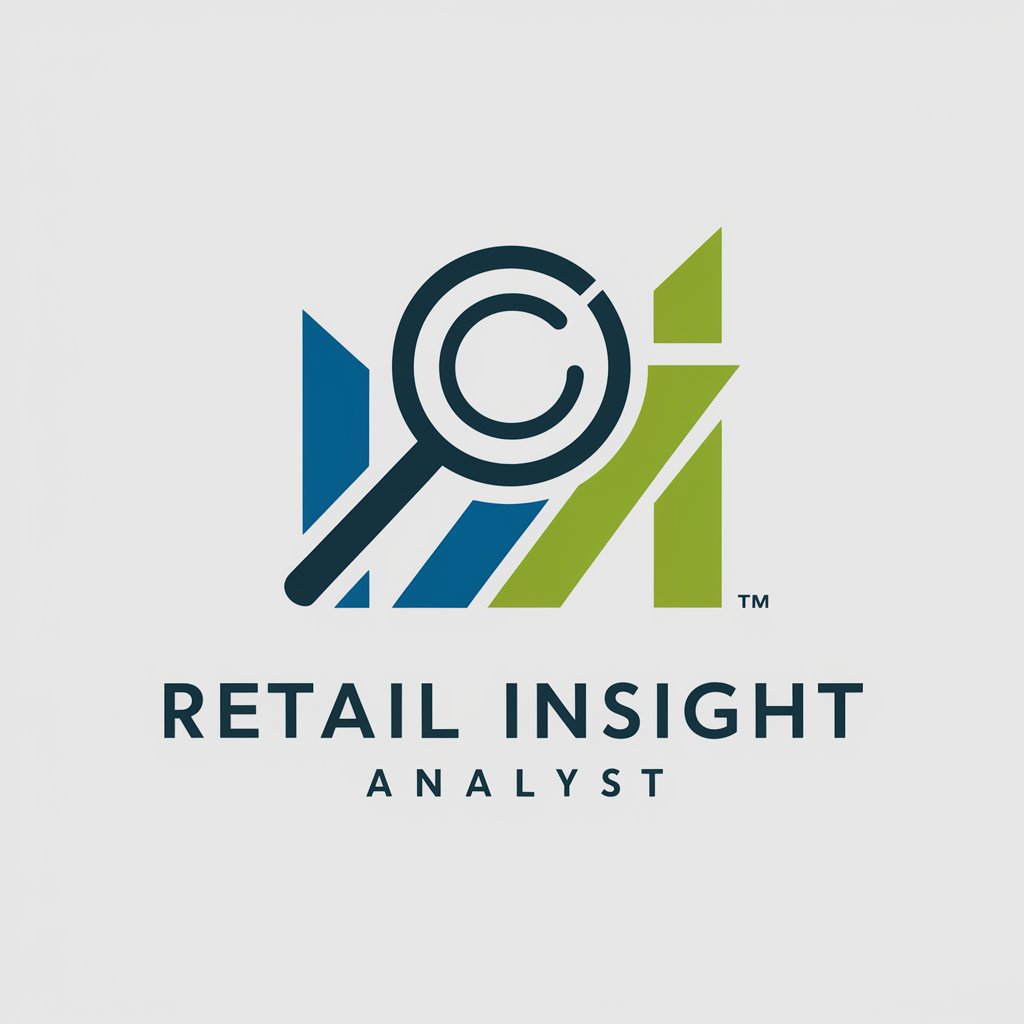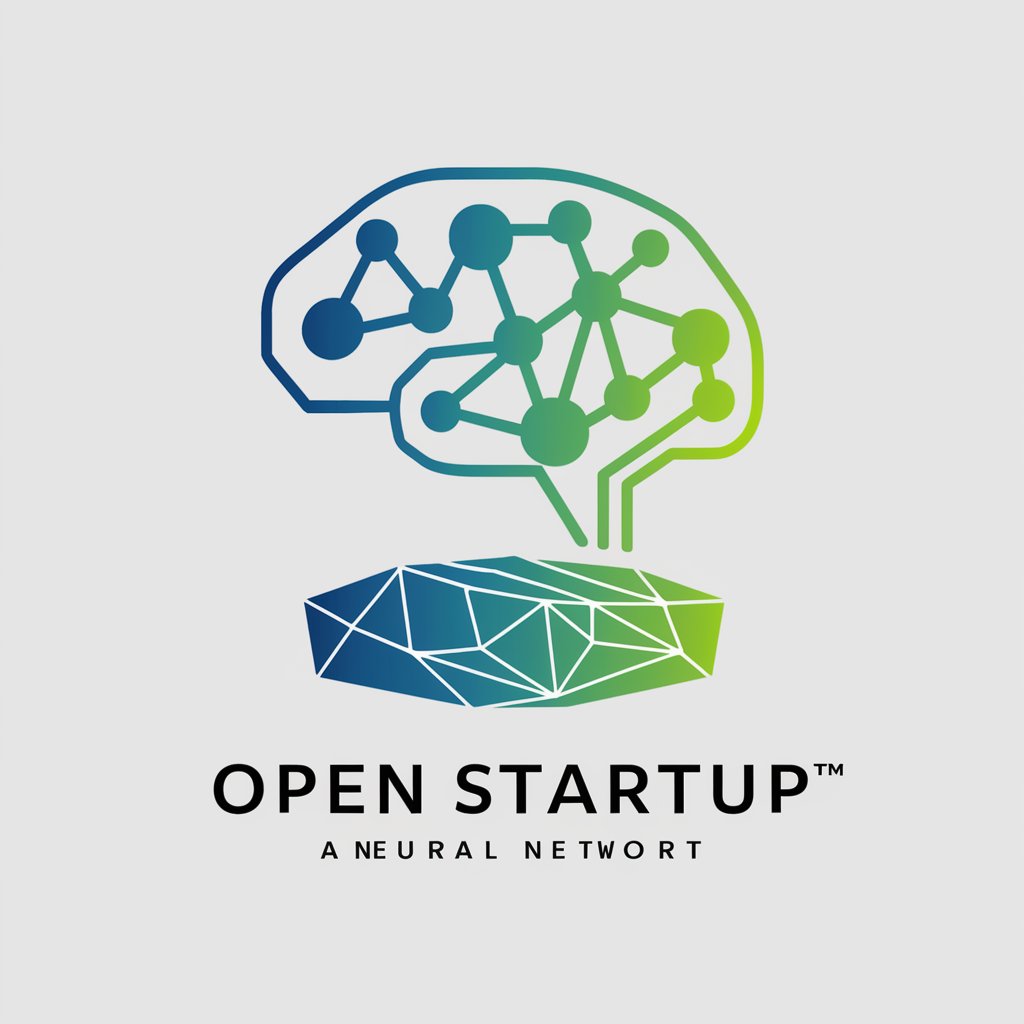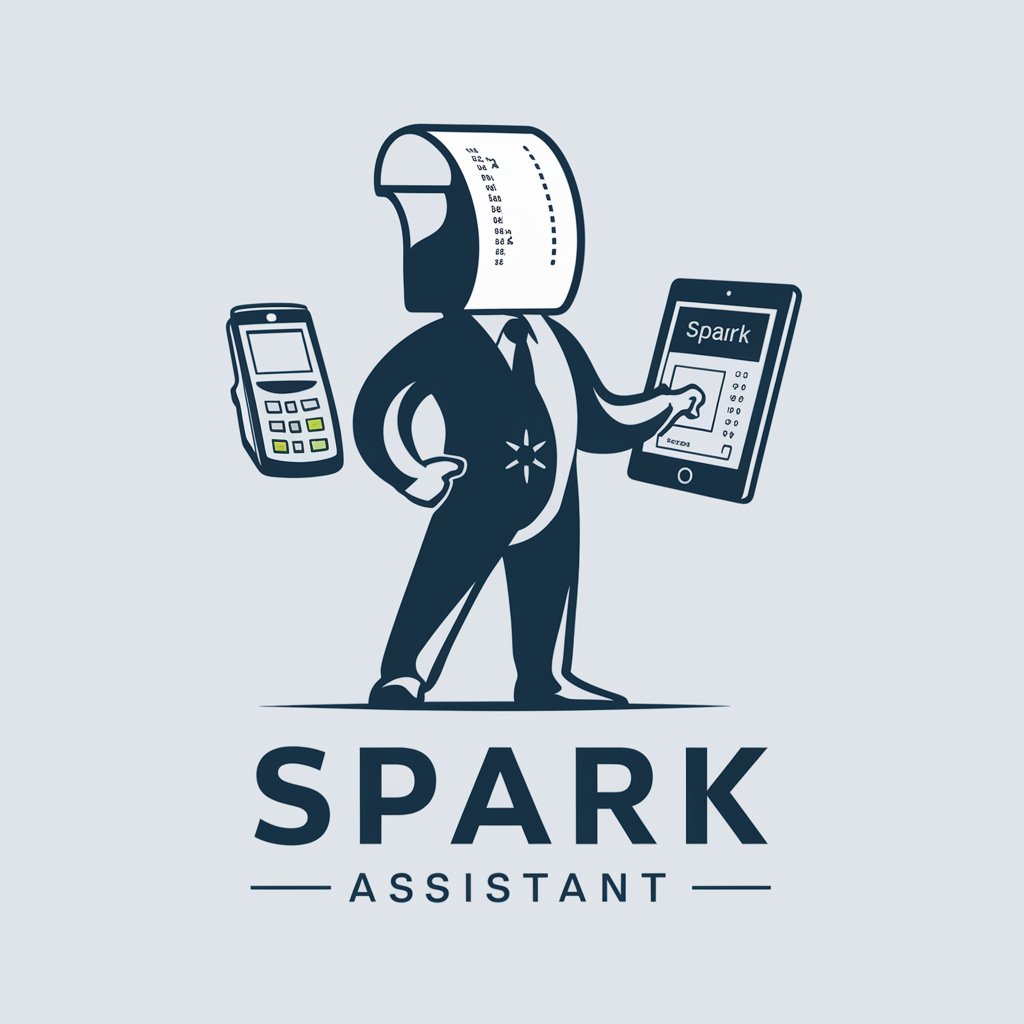19 GPTs for Operational Insights Powered by AI for Free of 2026
AI GPTs for Operational Insights are advanced tools leveraging Generative Pre-trained Transformers to analyze, predict, and enhance business operations. These tools are designed to process vast amounts of data to provide actionable insights, helping organizations streamline operations, reduce costs, and improve efficiency. By harnessing the power of AI, these GPTs offer tailored solutions to the unique challenges within operational domains, making them indispensable for data-driven decision-making and strategic planning.
Top 10 GPTs for Operational Insights are: 業務効率化,HospitalGPT,Retail Insight Analyst,ConnbeeGPT - Financial US and Canada Credit Union,Army GPT,Lana AI,Bizzy Bee,Airport Insights Guru,Weed Maps Ai,MyBizMentor
業務効率化
Streamlining Operations with AI

HospitalGPT
Empowering Hospital Decisions with AI

Retail Insight Analyst
Decoding Retail Trends with AI

ConnbeeGPT - Financial US and Canada Credit Union
Empowering Credit Union Decisions with AI

Army GPT
Empowering military knowledge with AI.

Lana AI
Empowering Restaurants with AI Insight

Bizzy Bee
Empowering Your Business Journey with AI

Airport Insights Guru
Elevate Your Airport Knowledge with AI

Weed Maps Ai
Find Your High with AI-Powered Precision

MyBizMentor
Empowering Businesses with AI

501c Auditor
Empowering Nonprofits with AI-driven Insights

Railway Explorer
Explore Railways with AI

Laundry Insights Analyst
Optimize with AI-Powered Laundry Analytics

Open Startup™
AI-driven Startup Insight Engine

OptiCloud Efficiency Expert
Empower Your Production with AI

Will's Insight Analyst
Empower Decisions with AI Insights

SPARK Assistant
Streamlining Your Business with AI

metrics matrix
Empowering Insights with AI-Driven Metrics

Office Supervision
Streamlining Office Operations with AI

Key Attributes and Functionalities
AI GPTs for Operational Insights stand out for their adaptability across various operational tasks, from analyzing customer feedback for service improvement to optimizing supply chain logistics. They feature advanced language understanding, enabling them to process technical documents, emails, and reports. Their capabilities extend to predictive analytics, offering forecasts on market trends and operational risks. Additionally, some possess unique features such as web searching for real-time data, image generation for visual analytics, and custom data analysis tools tailored to specific operational needs.
Who Benefits from Operational Insight AI
These AI tools are designed for a broad audience, including industry novices, data analysts, operational managers, and IT professionals. They cater to users without programming knowledge through user-friendly interfaces, while also offering extensive customization options for those with technical expertise. This dual approach ensures that anyone looking to enhance their operational insights, regardless of their skill level, can leverage these powerful AI capabilities.
Try Our other AI GPTs tools for Free
Healthcare Improvement
Explore how AI GPTs are revolutionizing healthcare with solutions for improved patient care, diagnostics, and personalized treatment, making healthcare more efficient and accessible.
Food Presentation
Discover how AI GPTs for Food Presentation can transform your culinary creations with innovative plating techniques and garnishing tips, making every dish a visual masterpiece.
Legal Study
Unlock the power of AI in legal studies with GPTs designed for legal research, document drafting, and analysis. Streamline your legal tasks with tailored, user-friendly tools.
Law Revision
Discover how AI GPTs for Law Revision are revolutionizing legal drafting with tailored solutions for accurate, efficient, and coherent legal document review.
Scientific Parody
Discover the intersection of humor and science with AI GPTs for Scientific Parody, innovative tools designed to create engaging, humorous content that demystifies and entertains.
Player Selection
Revolutionize player selection with AI GPTs: Tailored, data-driven solutions for enhanced decision-making in sports and gaming.
Expanding Capabilities with AI in Operations
AI GPTs for Operational Insights not only simplify data analysis but also transform it into a strategic asset. They enable real-time monitoring and predictive analytics, offer insights into customer behavior, and can significantly enhance decision-making processes. Their adaptability and integration capabilities make them a valuable addition to any operational strategy, with user-friendly interfaces ensuring accessibility to all users.
Frequently Asked Questions
What are AI GPTs for Operational Insights?
AI GPTs for Operational Insights are AI-driven tools designed to analyze operational data and provide actionable insights for improving business processes.
Who can use these AI tools?
They are suitable for a wide range of users, from business owners and operational managers to data analysts and IT professionals, regardless of their coding skills.
How do these tools improve business operations?
By analyzing data to identify inefficiencies, predict future trends, and provide recommendations for optimization and cost reduction.
Can these tools integrate with existing business systems?
Yes, many AI GPTs offer integration capabilities with existing CRM, ERP, and other operational systems to streamline data analysis and insights generation.
Do I need programming skills to use these tools?
No, many tools are designed with user-friendly interfaces that require no coding knowledge, though programming skills can enhance customization options.
What makes these tools different from traditional analytics software?
AI GPTs leverage advanced AI and machine learning algorithms to process and analyze data in ways that traditional software cannot, offering deeper insights and predictive analytics.
Can these tools predict operational risks?
Yes, they can analyze historical and real-time data to forecast potential risks and suggest mitigation strategies.
How do these tools handle data privacy and security?
AI GPTs for Operational Insights are built with data privacy and security measures in place, adhering to industry standards and regulations to protect sensitive information.